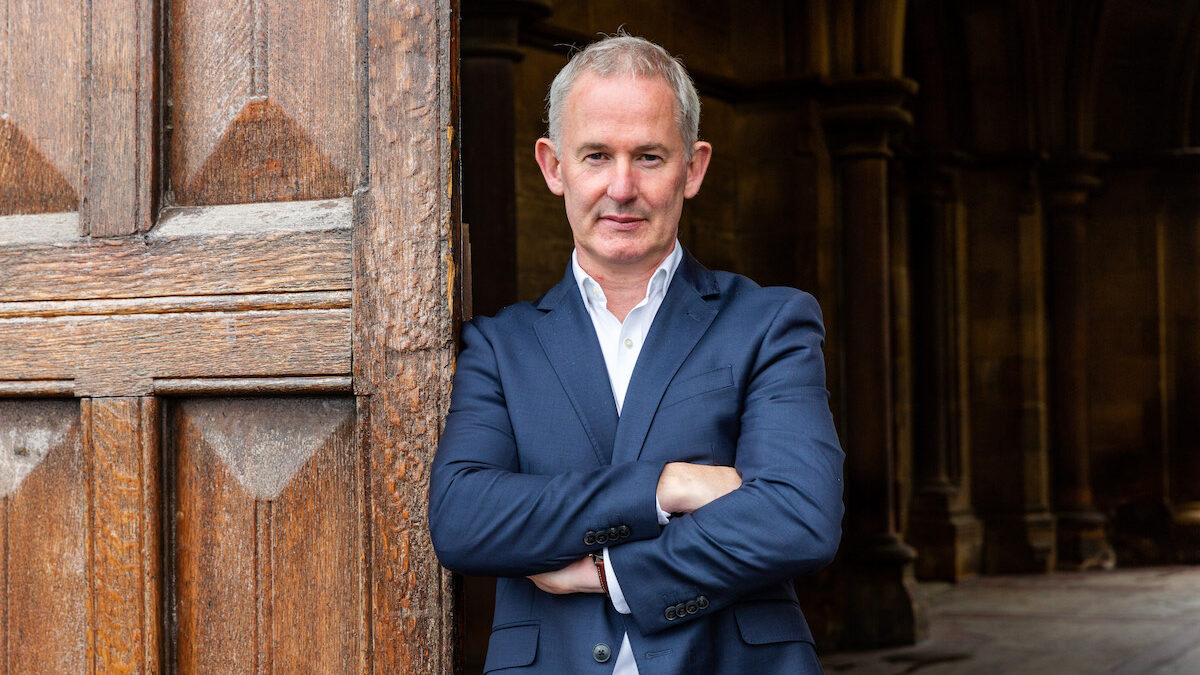What happens to the quality of education when you trust teachers to lead improvement initiatives, and give them the space to do so? If the early indicators from experiments in computing science school-stage education are anything to go by, the answer is that astonishing results can be achieved, and achieved quickly.
The Scottish Technology Ecosystem Review was released in August 2020, and included recommendations to improve the state of computing science education in Scottish schools. Although programming is a critical skill for Scotland’s technology economy, computing science has long been the neglected poor relation of other STEM subjects within Scottish education priorities.
This has led to falling teacher numbers and difficulty in recruiting specialists into the subject, and leaves Scotland in a position where less than a third of its secondary schools are able to offer the subject at Advanced Higher level, with a whopping one quarter not able to offer it even at Higher level.
When I started to explore solutions to these problems with education administrators back in 2020, I was struck by the fact that, in meetings, workshops and roundtables on the subject, not a single teacher was present. An early priority, therefore, was to directly involve teachers in working to arrest the decline.
It’s fair to say that giving such a level of agency to teachers caused apprehension amongst some in administrative circles. Nevertheless, Scottish Teachers Advancing Computing Science (STACS) was formed just over a year ago. The organisation, which is funded by the Scottish Government, is led by two former computing science teachers, Toni Scullion and Brendan McCart, who work with a wider group of expert teachers across Scotland.
In its first year, STACS has already created a full set of resources to support the teaching of computing science to 1st and 2nd year pupils, where existing teaching materials have been severely lacking. This matters because losing the interest of pupils at this early stage makes it much harder to re-engage them later on.
Even more impressive is the launch of a nationwide continuous-skilling programme, the first of its kind anywhere in the world. In a field that evolves rapidly, many teachers, for example, those who have cross-trained from other specialisms, report a lack of confidence in teaching computing science at advanced levels. STACS addresses this by hosting a platform where our more experienced teachers help those with less experience to skill-up and stay current with the subject as it evolves. And STACS works with the SQA to identify areas in the annual examinations where pupils most struggle, prioritising teacher training to those areas.
In short, members of the network of computing science teachers in Scotland are helping each other to build confidence and to improve the teaching experience for pupils. Importantly, this networked approach brings immediate national scale to the programme, in contrast to those traditional one or two school pilot programmes that fizzle out when no one is looking. Most importantly, teachers love it.
When we trust teachers to lead, they generate solutions that are informed, innovative and effective, and which administrative hierarchies alone would label unsolvable. Let’s extend this approach across more subjects. In the battle to improve standards, we should listen first to those in the front line.




